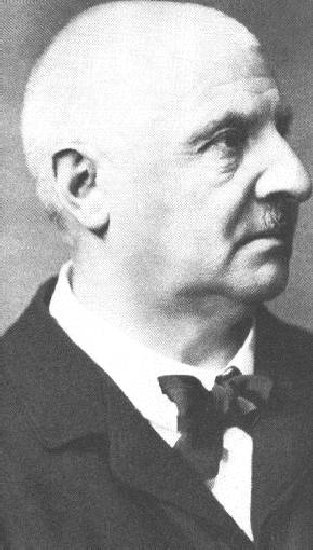
- 7 clarence grove
- horsforth
- leeds, LS18 4LA
- UK
- tel: 0113 258 1300
- order online
- www.editiondb.com
- info@editiondb.com
Bruckner, Anton (1824-1896)
Josef Anton Bruckner (1824–1896) was an Austrian composer known primarily for his symphonies, masses, and motets. His father was a schoolteacher and church organist, and Bruckner's initial studies followed similar lines. When Bruckner was 13, his father died, and he enrolled in the church school at St. Florian (some ten miles from Linz) as a chorister. There, he studied organ, piano, and music theory. At the age of 16, he entered a teacher-training school in Linz, and began work as a schoolteacher at St. Florian in 1845. He became the cathedral organist in 1848. At St. Florian he began to compose sacred music. In 1855, he went to Vienna to formally study harmony and counterpoint at the Vienna Conservatory under Professor Simon Sechter. The next year, he became the cathedral organist in Linz, and began studies in orchestration with Otto Kitzler, a cellist who introduced Bruckner to Wagner's operas.
His symphonies are often considered emblematic of the final stage of Austro-German Romanticism because of their rich harmonic language, complex polyphony, and considerable length. Bruckner's compositions helped to define contemporary musical radicalism, owing to their dissonances, unprepared modulations, and roving harmonies. Unlike other radicals, such as Wagner or Hugo Wolf who fit the enfant terrible mold, Bruckner showed extreme humility before other musicians, Wagner in particular. This apparent dichotomy between Bruckner the man and Bruckner the composer hampers efforts to describe his life in a way that gives a straightforward context for his music.

Compositions in catalogue |
Catalogue no. |
Price £ |
To buy click PayPal links below |
Composer/arranger |
||
Horn Club series |
||||||
Four horns |
||||||
| Christus factus est | 0104001 |
9.00 |
Bruckner / Ashworth | |||
Eight horns |
||||||
| Os Justi | 0108006 |
13.50 |
Bruckner / Ashworth | |||
| Ave Maria | 0108007 |
13.50 |
Bruckner / Ashworth | |||
Ten horns |
||||||
| Forth Fantasy | 0110001 |
23.00 |
Bruckner / Barrett | |||